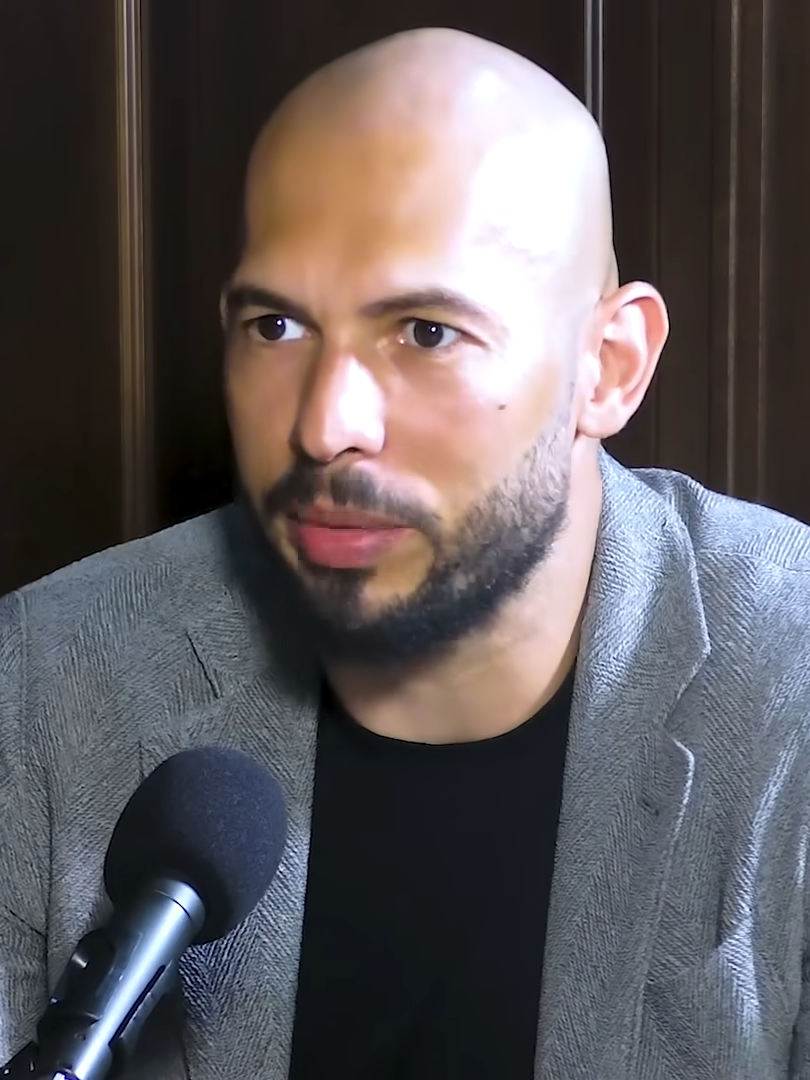
Introduction
Andrew Tate, a former professional kickboxer turned social media influencer, has been at the centre of numerous discussions surrounding masculinity, success, and controversial opinions. His rise to fame has not only sparked interest but also significant debate regarding the influence of online personalities in shaping societal views. As millions of followers engage with his content, understanding his impact is crucial in the current digital landscape.
Background
Born in Washington, D.C., in 1987, Andrew Tate gained initial fame as a kickboxer, winning multiple world championships. However, his transition to social media propelled him into the limelight as a self-proclaimed entrepreneur and lifestyle coach. Through platforms like Instagram, Twitter, and TikTok, he promotes a lifestyle centred around wealth, masculinity, and controversial views on gender roles.
Controversies and Criticisms
Recently, Andrew Tate has faced significant backlash for his statements on women, relationships, and success, often promoting a hyper-masculine ideology that has drawn criticism from various quarters. Accusations of misogyny and toxic masculinity have led to his suspension from several social media platforms, igniting discussions about accountability in influencer culture and the consequences of online rhetoric.
In August 2022, Tate was banned from various platforms including Instagram and Facebook, following widespread outrage over his comments which were deemed harmful and offensive. The ban highlighted the growing concern over the role of social media in amplifying harmful ideologies and the responsibility of platforms to protect users from abusive content.
The Impact on Followers
Tate’s approach resonates with a segment of young men seeking guidance in an increasingly complex social landscape. This influence raises questions about the type of role models emerging in the digital age and their implications for youth development. As discussions around mental health and positive masculinity gain traction, Tate’s contrasting messages serve as a focal point for broader conversations on masculinity in modern society.
Conclusion
Andrew Tate’s controversial position in the realm of social media underscores an ongoing struggle between influencer responsibility and freedom of expression. As more people turn to digital platforms for guidance, understanding their influence on personal beliefs and societal norms becomes increasingly important. The debate surrounding Tate propels a critical examination of how popular figures shape perceptions and the power dynamics at play within online communities. Looking ahead, the trajectory of Tate’s influence will likely continue to elicit support and criticism, reflecting the divided opinion on masculinity, success, and societal values in the contemporary world.
You may also like

The Rise of Jake Paul in the Boxing World

An Overview of the Ongoing Situation in Ukraine

The Sun UK: Your Guide to Current News and Events
SEARCH
LAST NEWS
- Remembering Wendy Richard: The Promise to Co-Star Natalie Cassidy
- How Did Anglian Water Achieve an ‘Essentials’ Rating for Mental Health Accessibility?
- Shai Hope Leads West Indies in T20 World Cup Clash Against South Africa
- What We Know About Weston McKennie: Future at Juventus and Past at Leeds
- What We Know About the Upcoming Live Nation Antitrust Trial